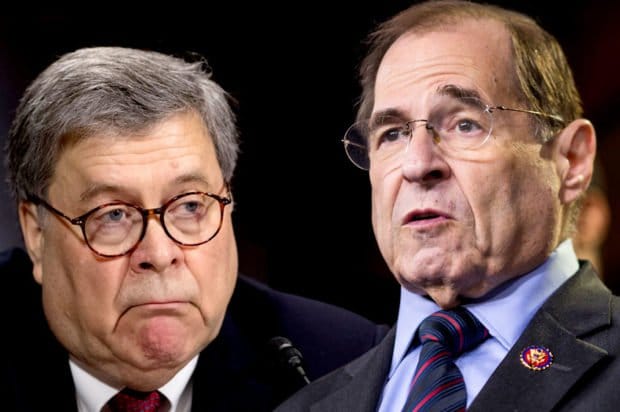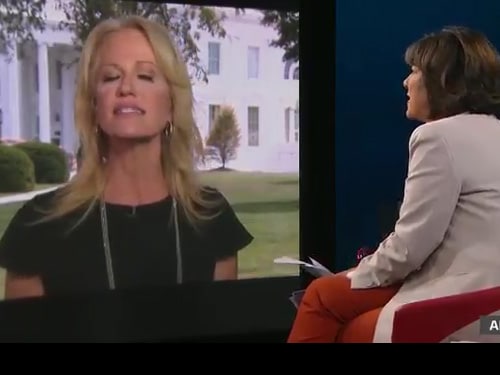
A resolution was adopted on Tuesday by the Democratic led House, which will grant the House Judiciary Committee the authority to take the Attorney General William Barr and the former White House counsel Don McGahn to federal court to enforce the subpoenas in an ongoing feud over congressional oversight.
Along party lines the resolution passed 229-191, allowing the Judiciary Committee Chairman Jerry Nadler of New York to pursue civil lawsuits against Barr and McGahn given their defiance of subpoenas related to special counsel Robert Mueller’s report on the Russia investigation.

Subpoenas were issued by the The Judiciary Committee for Barr to turn over all the unredacted 448 pages report and underlying evidence from the Russia investigation as well as for McGahn, who is a key witness in Mueller’s report, to testify before Congress and hand over documents.
Although the resolution itself does not mention contempt, many Democratic members are still framing the resolution as a civil contempt citation. They view it as their most forceful move yet to fight back against President Donald Trump’s blanket refusal to comply with Democrats’ subpoenas. The vote also comes as a growing number of Democrats are pressing to start an impeachment inquiry, despite push back from some of their party’s leaders in the House, particularly Speaker Nancy Pelosi of California.

Nadler said Tuesday on the House floor, “we must go to court to enforce the subpoenas without a separate floor vote each time if we are going to enforce our subpoenas and reject the arrogant assumption of power by the administration and denigration of the power of the House and of the Congress.”
The resolution also gives broad power to other House committee chairmen to quickly move forward in federal court to enforce future subpoenas. They’d be able to circumvent a full House vote and only need approval from the five-member bipartisan legal advisory group led by Pelosi.

Amid ongoing negotiations with DOJ for key documents, Judiciary Committee Chairman Jerry Nadler has said he’ll temporarily hold off on pursuing legal action against Barr as negotiations continue to obtain key evidence that informed Mueller’s conclusions on whether Trump obstructed justice. So the question moving forward is when exactly would Nadler assert his newly granted power.
Nadler said they reached an agreement to give the Justice Department “time to demonstrate compliance.” He suggested that he could back off a lawsuit if DOJ ends up agreeing to all of the committee’s terms but that “if important information is held back,” he plans to “enforce our subpoena in court and consider other remedies.”


